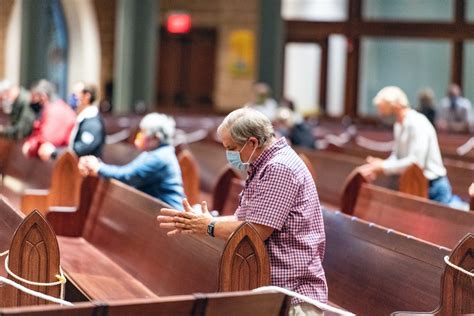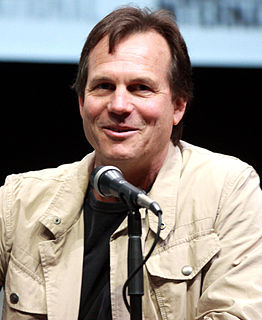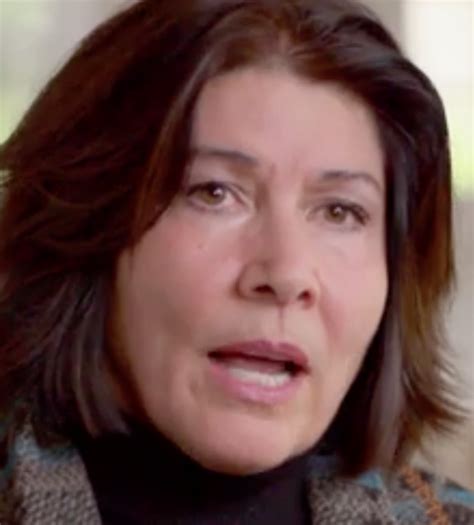A Quote by Kevin DeYoung
Much of the impotence of American churches is tied to a profound ignorance and apathy about justification. Our people live in a fog of guilt. Or just as bad, they think being a better person is all God requires.
Related Quotes
Guilt is not a response to anger; it is a response to one’s own actions or lack of action. If it leads to change then it can be useful, since it is then no longer guilt but the beginning of knowledge. Yet all too often, guilt is just another name for impotence, for defensiveness destructive of communication; it becomes a device to protect ignorance and the continuation of things the way they are, the ultimate protection for changelessness.
There is within the hearts of people a deep desire for peace on earth, and they would speak for peace if they were not bound by apathy, by ignorance, by fear. It is the job of the peacemakers to inspire them from their apathy, to dispel their ignorance with truth, to allay their fear with faith that God's laws work - and work for good.
I think what you're seeing is a profound recognition on the part of the American people that gays and lesbians and transgender persons are our brothers, our sisters, our children, our cousins, our friends, our co-workers, and that they've got to be treated like every other American. And I think that principle will win out.
People interpret things through their owns lens, just the way they do the Bible. You can find justification for just about everything in the Bible. I think man has got a great ego when it comes to his God, whatever that is. It just seems to me that someone who wants to take on God's punishment, it just seems a huge egoism to think that he should appoint himself to take care of God's punishments.
It is important to stop being critical and judging ideas as good or bad because I think if somebody doesn't have a lot of experience you worry their idea is going to be bad, it's not going to be good enough, if not going to be active enough and so you can start to think critically about people's suggestions or what they bring to it but once you get out of that and think whatever they come up with is the right thing right now and so I'm just going to build on it just makes everything so much easier and better.
If you're a creative person, you'd better not read what people write about you, because if it's good it'll blow your head up and it'll force you not to take the subway and you'll start taking cabs, and you'd better stay around people, and if it's bad, it just hurts your feelings so much it discourages you.
I think what you see a lot of in American religion, even in areas of American Christianity that don't go all the way with Osteen to the idea that God wants you to have this big house and so on, the nature of American religion right now, the fact that it is so non-denominational and post-denominational, the most successful churches have to be run more like businesses than ever before. I think that just exposes Christians to a constant temptation to think about the ministry more as a business than they sometimes should.







































